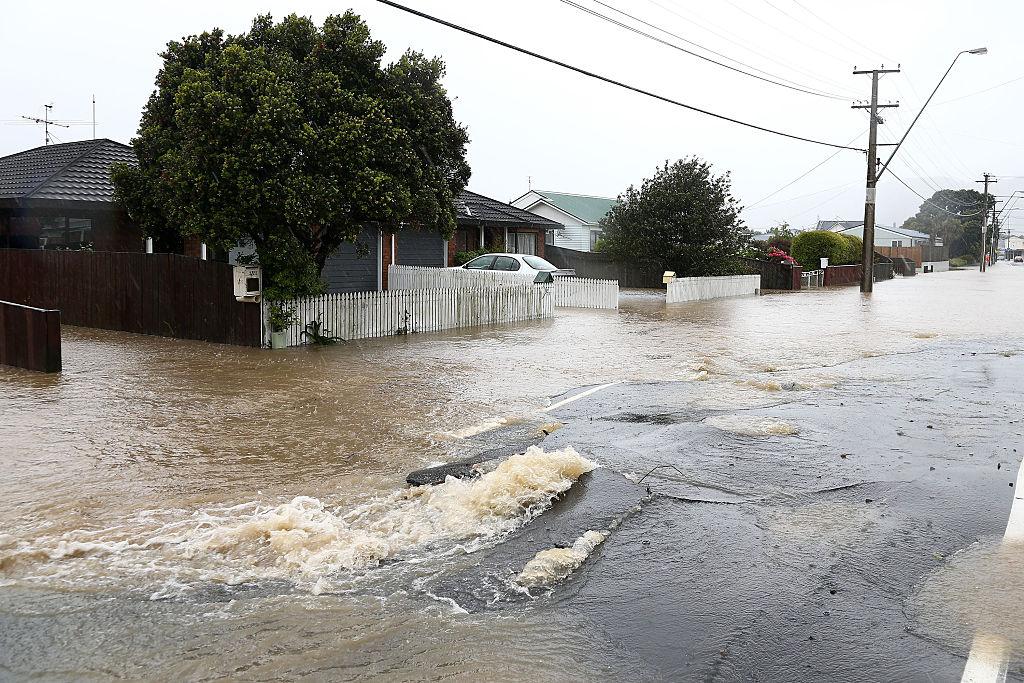Local Government Minister Simeon Brown has confirmed that Labour’s Three Waters legislation will be repealed by Feb. 23, restoring local water assets—and the bill for replacing them—back to local councils.
The coalition government’s alternative, called Local Water Done Well, will then be implemented by progressing two further bills through Parliament.





